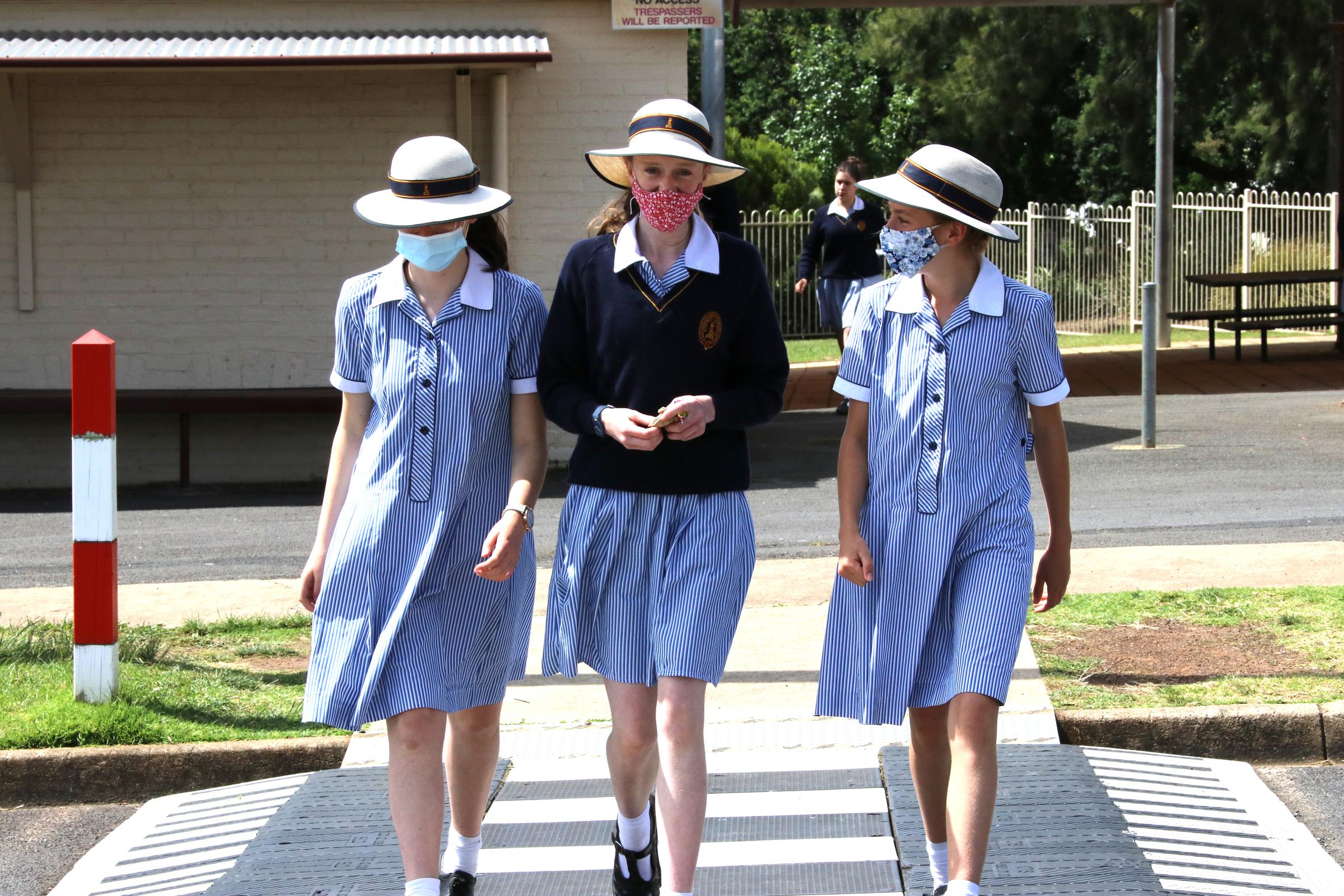Middle Years

“Positive emotions are one of the hallmarks of happiness and wellbeing”.
We are nearing the finishing line. As we approach the end of the year, it is a great opportunity to reflect on our successes during this challenging and different year and reflect on our wellbeing. The upcoming summer break will provide time to pause, reflect and mindfully consider the things that we do to enhance our lives and wellbeing. The habits that we utilise on a regular basis have profound effects on our long-term happiness. After all, it is what we do each day that makes a life.
We all know the benefits of regular exercise, eating well, getting a good night’s sleep and practising mindfulness. Positive Psychology has a toolkit with many simple interventions that can significantly influence our wellbeing. Skills such as identifying and using character-strengths, nurturing positive relationships, building resilience, are powerful interventions.
Positive emotions are one of the hallmarks of happiness and wellbeing. When we feel good, we are more able to perform at our best. Positive emotions allow us to think more flexibly and creatively. We come up with more ideas and they tend to be better quality. The psychological resources we build when we experience positive emotions buffer life’s challenges, keep us optimistic and curious about the future, and propel us in an upward spiral of happiness and wellbeing. “Positivity transforms us for the better,” says Fredrickson.
Why do we need to laugh? High-energy emotions like excitement, zest and enthusiasm shift our mood and our physiology. Laughter is one of the quickest ways to switch on positive emotion. Just a few minutes of laughter a day can reduce stress and improve your heart rate, muscle activity and immune system. Like laughter, positive emotions are contagious. Maximise fun moments to feel happier and healthier. Teenagers know how to have fun; they know how to play and laugh a lot.
Mrs Julia Winter Cooke
Head of Middle Years
